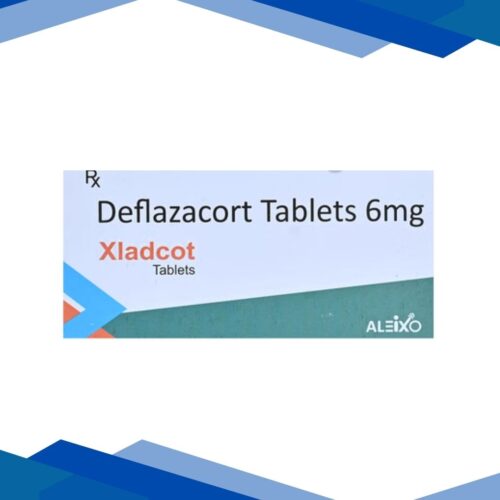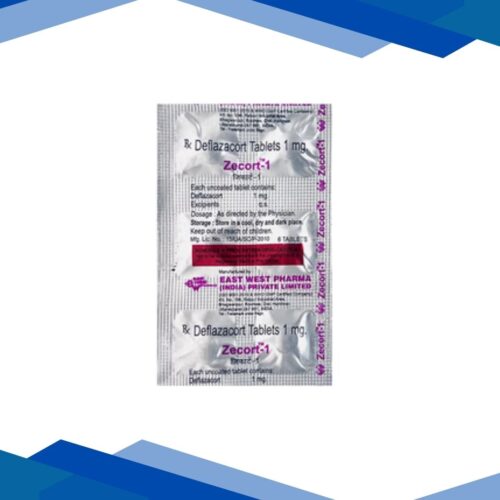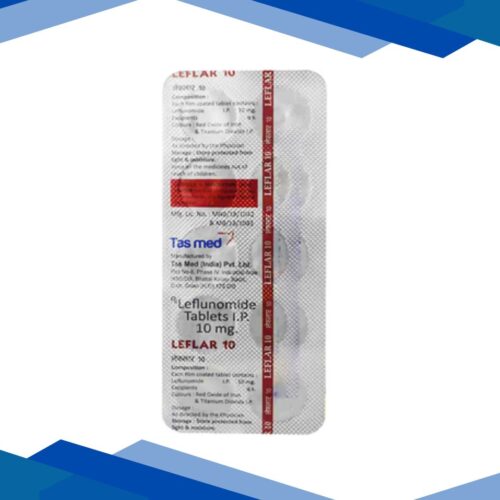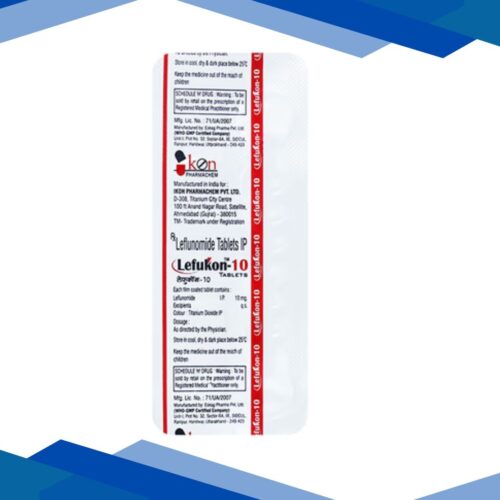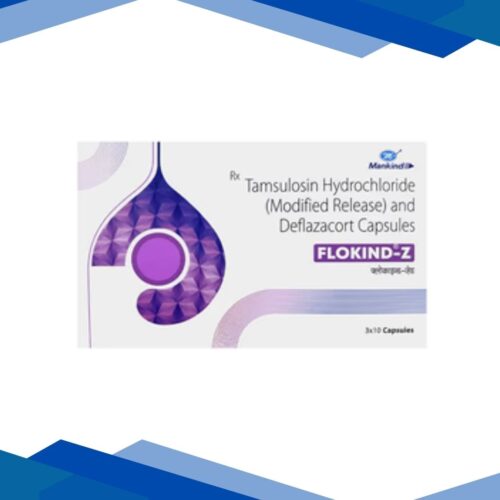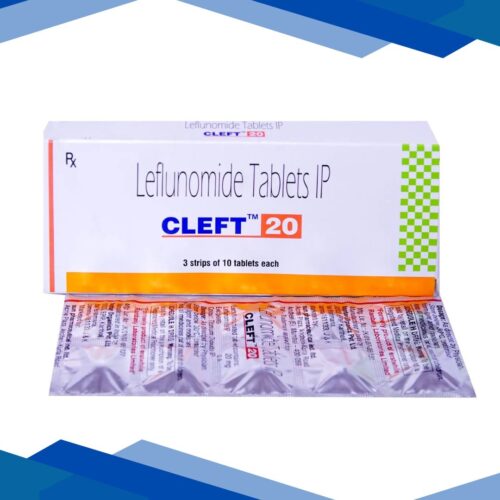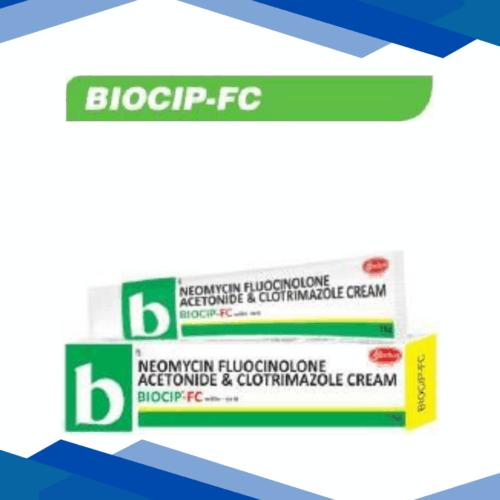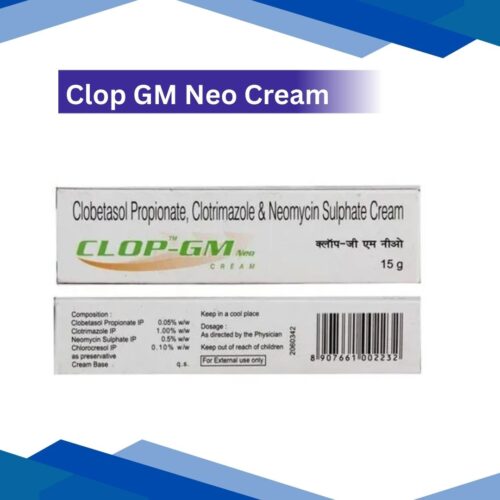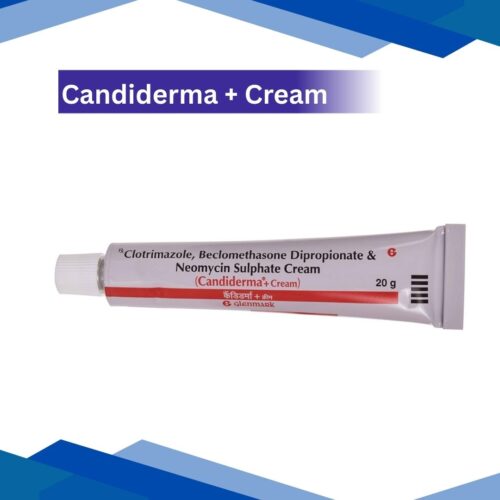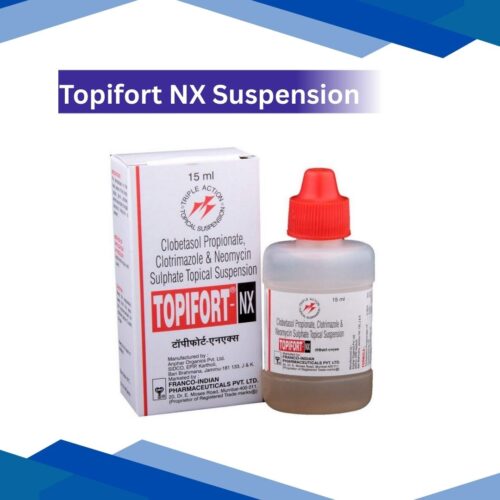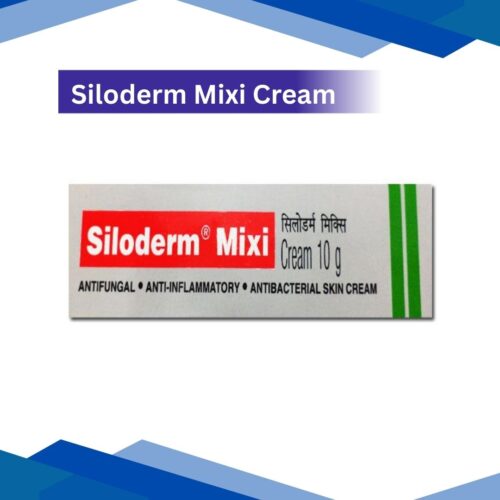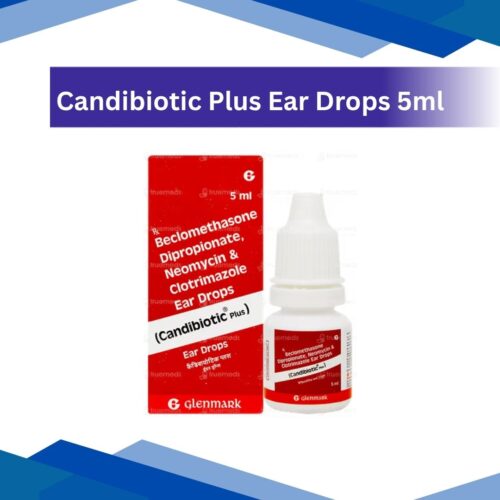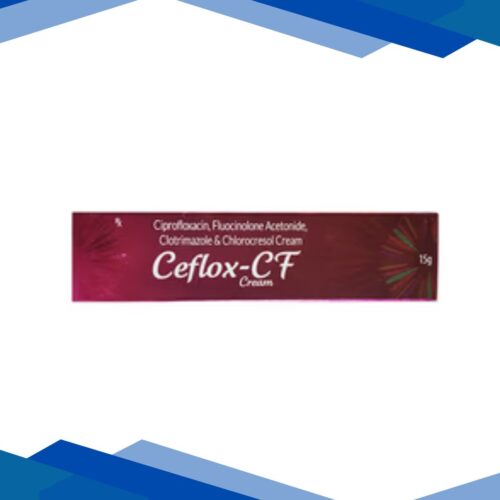FLOKIND Z Capsule 10’s
Sioderm-FC
No Prescription yet? Don’t worry! Click Here to Get Online Consultation
Why Prescription is Required?
✅ Providing Right Medicines
Prescriptions are complex documents. We proofread and recheck at various steps to provide you the right medication in the correct form and dose.
⚖️ Helps Comply with the Law
Most medicines cannot be sold without a valid prescription, as per the Drugs and Cosmetics Act, 1940 and Rules, 1945.
Book Appointment with Doctor
Neomycin is an antibiotic used to treat bacterial infections. Clotrimazole is a topical antifungal medication used to treat various fungal infections of the skin, mouth, and vagina. Fluocinolone Acetonide is a medium-potency topical corticosteroid used to treat skin inflammation, itching, and allergic skin. For more details kindly click on Medicine Salts below:
Clotrimazole
CLOTRIMAZOLE
Overview
Clotrimazole is an antifungal medication that’s used to treat a variety of fungal infections, including those that affect the skin, mouth (oral thrush), and vagina.
Classification
Antifungal
Uses
Uses of Clotrimazole:
Topical: Treats ringworm, jock itch, athlete’s foot, and other fungal skin infections.
Vaginal: Used to treat vaginal yeast infections.
Oral: Available as a lozenge for oral thrush (oral candidiasis)
How it works
Clotrimazole is an antifungal medicine that treats certain fungal infections by disrupting the fungi’s cell structure
Dosage
As directed by the physician
Precautions
Who Should Avoid Using Topical Clotrimazole?
Topical clotrimazole is generally safe for most individuals when used as directed. However, certain groups should exercise caution or avoid its use:
Individuals with Allergies to Clotrimazole or Related Compounds
If you have a known allergy to clotrimazole or other azole antifungals such as miconazole or ketoconazole, you should not use this medication. Signs of an allergic reaction may include rash, itching, swelling, dizziness, or difficulty breathing.
Children Under 2 Years of Age
Topical clotrimazole should not be applied to children under 2 years old unless specifically directed by a healthcare provider. For children aged 2 to 12, consult a doctor before use.
Individuals with Liver Disease
Those with liver disease should use clotrimazole cautiously, as the medication is metabolized in the liver. Consult your doctor before use if you have liver conditions.
Pregnant and Breastfeeding Women
While topical clotrimazole is generally considered safe during pregnancy, it’s important to consult your doctor before use. The medication may pass into breast milk, so discuss with your healthcare provider if you are breastfeeding.
Side effects
Common side effects of phenylephrine include:
Leakage of intravenous medication
Hypertension
Slow heart rate
Anxiety
Headache
Burning
Rebound congestion
Sneezing
Excess fluid in the lungs (pulmonary edema)
Metabolic acidosis
Decreased blood flow to the kidneys
Reduced urine output
Nausea
Stomach pain or upset
Disclaimer
This content is for informational purposes only. Always consult a healthcare provider for medical advice and proper dosage.
Fluocinolone Acetonide
FLUOCINOLONE ACETONIDE
Overview:
Fluocinolone Acetonide is a corticosteroid medicine that doctors often prescribe to reduce skin inflammation, redness, itching, and swelling.It works by soothing the overactive immune reaction in the skin, making it useful for conditions like eczema, psoriasis, and allergic rashes.In simple terms, it helps soothe irritated skin and brings relief, allowing the skin to heal more comfortably.
Classification: Corticosteroid
Uses:
Fluocinolone Acetonide is mainly used to treat skin problems like eczema, psoriasis, dermatitis, and allergic rashes. It helps reduce itching, redness, swelling, and irritation, giving relief from discomfort and allowing the skin to heal more effectively.
How it works:
Fluocinolone Acetonide binds to glucocorticoid receptors in skin cells, which then move to the nucleus to influence gene expression. This action lowers the release of inflammatory mediators such as prostaglandins and leukotrienes by inhibiting phospholipase A2 activity. As a result, it helps control inflammation, itching, redness, and swelling in the skin.
Dosage: As prescribed by your doctor.
Side Effects:
- Burning or stinging at the site
- Itching or irritation
- Redness of the skin
- Dryness or peeling
- Thinning of the skin
Precautions:
- Avoid applying on open wounds, infected, or broken skin.
- Do not use it on the face, groin, or underarms unless directed by a doctor.
- Long-term or excessive use can thin the skin—use only as prescribed.
- Avoid contact with eyes, mouth, or mucous membranes.
- Use cautiously in children, as they absorb steroids more easily.
- Inform your doctor if you have skin infections, diabetes, or immune disorders before use.
Disclaimer:This content is for informational purposes only. Always consult a healthcare provider for medical advice and proper dosage.
Neomycin
NEOMYCIN
Overview:
Neomycin, an antibiotic, is used to prevent or treat skin infections caused by bacteria. It is not effective against fungal or viral infections.
Classification:
Antibiotic
Uses:
Neomycin oral tablet is used to prevent or treat bacterial infections in the intestines. It’s given before certain surgeries. It’s also used to treat hepatic coma, which is the loss of brain function due to a liver problem. Hepatic coma happens when your liver can’t remove ammonia from your blood
How It Work:
Neomycin works by killing bacteria and stopping it from growing in your body. This treats your infection or stops an infection from forming in the first place.People with hepatic coma can’t remove ammonia from their blood. Neomycin works by killing bacteria in their gut, which releases ammonia.
Dosage:
As prescribed by your doctor.
Side Effects:
irritation
burning
redness
rash
itching
hearing difficulty
decreased urination
Precautions:
Tell your doctor and pharmacist what prescription and nonprescription medications, vitamins, nutritional supplements, and herbal products you are taking or plan to take.
Tell your doctor if you have or have ever had kidney disease.
Tell your doctor if you are pregnant, plan to become pregnant, or are breast-feeding. If you become pregnant while using neomycin, call your doctor.
Tell your doctor and pharmacist if you are allergic to neomycin or any other drugs.
Disclaimer:
This content is for informational purposes only. Always consult a healthcare provider for medical advice and proper dosage.
